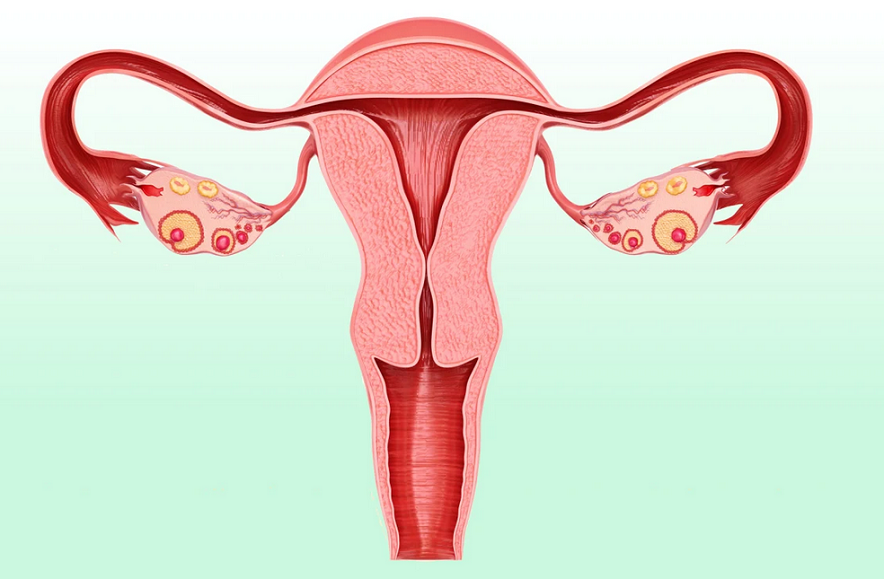
Understanding the Side Effects of Tubal Ligation After C-Section
Tubal ligation, commonly known as having one’s “tubes tied,” is a surgical procedure for permanent contraception. It involves blocking, sealing, or cutting the fallopian tubes to prevent eggs from traveling from the ovaries into the fallopian tubes, where they can be fertilized by sperm. While tubal ligation is generally considered safe and effective, there are potential side effects associated with the procedure, especially when performed after a Cesarean section (C-section). In this article, we’ll delve into these side effects and gain insights from specialist Dr Shivani Sachdev Gour.
Understanding Tubal Ligation After C-Section: Tubal ligation is often performed immediately after a C-section delivery, as it allows for the procedure to be conducted without additional incisions. While this can be convenient for women who have completed their families and want to avoid future pregnancies, it’s essential to be aware of the potential side effects that may arise post-surgery.
Common Side Effects:
- Pain and Discomfort: It’s common to experience pain and discomfort in the abdominal area following tubal ligation, particularly after a C-section. The surgical incisions made during the procedure can cause soreness and tenderness, which may take some time to subside.
- Bleeding and Spotting: Some women may experience light bleeding or spotting after tubal ligation, which is normal in the days following the surgery. However, if the bleeding becomes heavy or prolonged, it’s essential to consult a healthcare provider.
- Infection: Like any surgical procedure, there is a risk of infection with tubal ligation. Symptoms of infection include fever, increased pain, redness, swelling, or discharge from the incision site. Prompt medical attention is necessary if infection is suspected.
- Adverse Reaction to Anesthesia: Women who undergo tubal ligation after a C-section may experience side effects related to anesthesia, such as nausea, vomiting, dizziness, or headache. These symptoms typically resolve within a few hours but should be reported to the healthcare provider if persistent.
- Changes in Menstrual Cycle: Some women may notice changes in their menstrual cycle after tubal ligation, including irregular periods or changes in flow. While these changes are usually temporary, it’s essential to monitor any significant alterations and discuss them with a healthcare provider if concerned.
Dr. Shivani Sachdev Gour, a renowned specialist in obstetrics, gynecology, and fertility treatments, emphasizes the importance of understanding the potential side effects of tubal ligation after a C-section. According to Dr. Gour, while tubal ligation is a highly effective form of contraception, it’s crucial for women to be informed about the possible risks and complications associated with the procedure.
“Women considering tubal ligation after a C-section should have a thorough discussion with their healthcare provider,” says Dr. Gour. “It’s essential to weigh the benefits of permanent contraception against the potential side effects and consider alternative contraceptive options if necessary.”
Dr. Gour also emphasizes the importance of choosing a skilled and experienced surgeon to perform tubal ligation. “Selecting a qualified surgeon who has expertise in performing tubal ligation procedures can help minimize the risk of complications and ensure a successful outcome,” she advises.
Conclusion: Tubal ligation after a C-section is a common procedure chosen by women who have completed their families and wish to prevent future pregnancies. While the procedure is generally safe, it’s essential to be aware of the potential side effects and complications that may arise. By understanding these risks and consulting with a knowledgeable healthcare provider, women can make informed decisions about their reproductive health and contraceptive options.
If you have any concerns or questions about tubal ligation after a C-section, it’s crucial to discuss them with your healthcare provider or a specialist like Dr Shivani Sachdev Gour, who can provide personalized guidance and support tailored to your individual needs.
